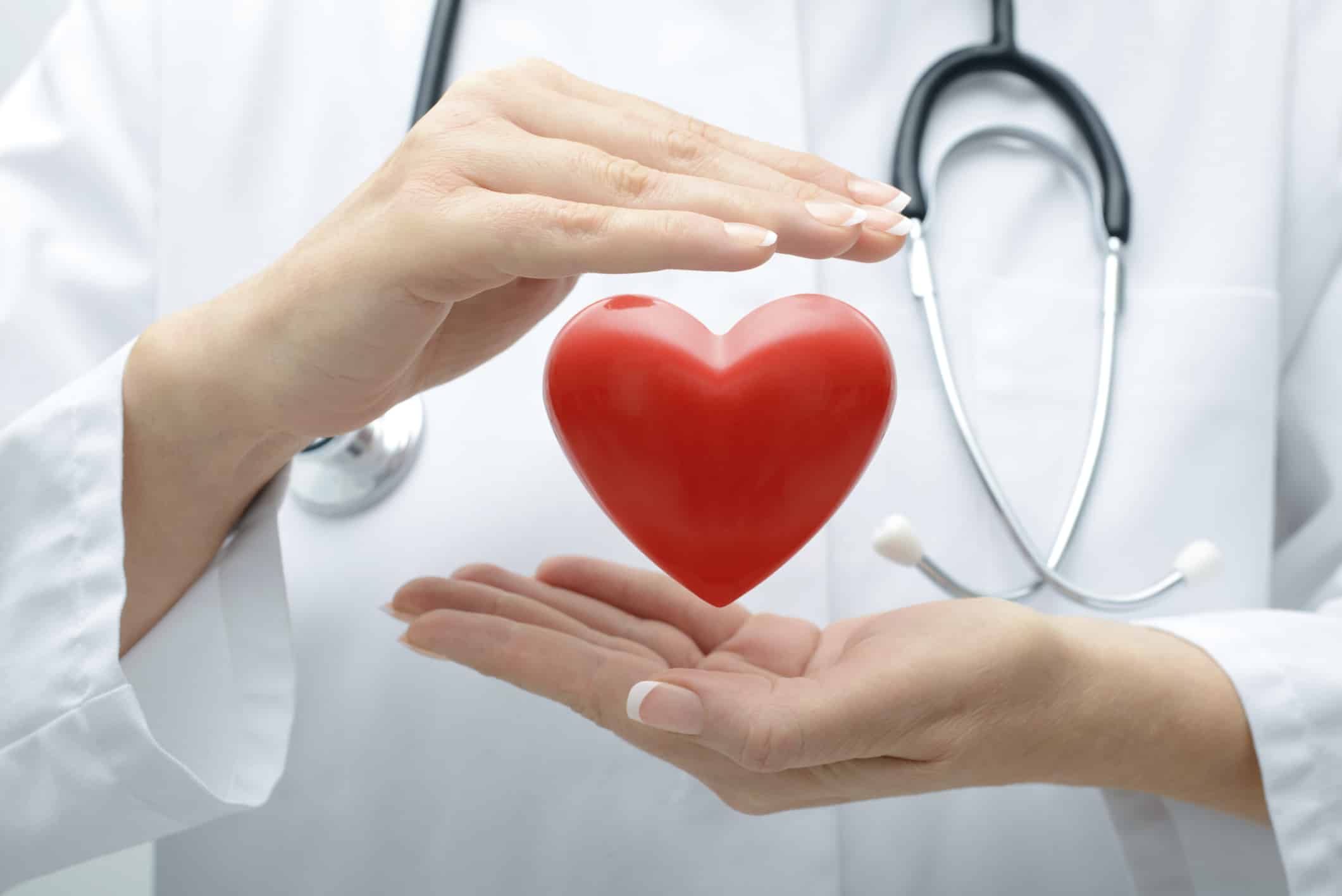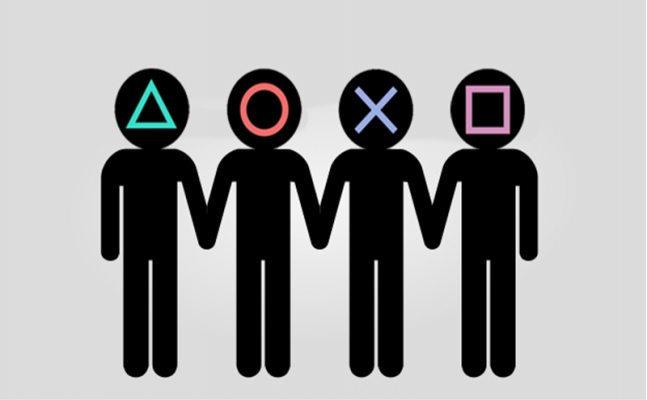World Heart Day 2020: 7 signs of unhealthy heart
- Gayatri
- Tuesday | 29th September, 2020

The doctors suggest you be on the lookout for these 7 signs of an unhealthy heart.
Caring for your heart is important because it is one of the most vital organs in the body. It is the heart that keeps you alive by pumping blood to all the other organs. Should the heart stop doing its work, the entire system may fail which is why it is important to get regular check-ups done to see if everything is alright with the organ.
While not all heart problems are accompanied by clear warning signs, it is important to be aware of the common symptoms so as to be able to detect the slightest change or abnormality and seek medical intervention well within time to prevent the situation from worsening.
The doctors suggest you be on the lookout for these 10 signs of an unhealthy heart.
1. Chest discomfort- This is one of the most common signs that can signal danger for your heart. You can experience tightness, pain or pressure on the chest when you have a blocked artery or while having a heart attack. The symptom can occur while resting or during some physical activity and usually lasts for a few minutes. In certain cases, especially with women, a heart attack may occur without chest pain. The pain is brief and the spot where you are experiencing the pain hurts more when touched or pushed.
2. Radiating pain- Another common warning sign of heart disease is a pain that spreads downwards on the left side of the body. It usually originates from the chest and moves outwards to the arms. Arm pain can also be a symptom of a heart condition.
3. Fainting, dizziness or lightheadedness- Fainting or dizziness is commonly experienced by everyone. While you can faint for reasons such as heat from the sun, poor ventilation, getting up too fast from a sitting or lying down position, anxiety or shock, when it is accompanied by chest discomfort or shortness of breath, it can indicate something more serious like a drop in blood pressure.
4. Fatigue- Exhaustion is another warning sign of a heart problem. If you experience fatigue post some activity, such as climbing the stairs or carrying groceries, which were not a challenge for you earlier, it may signal a problem. Extreme exhaustion or unexplained weakness, sometimes for days at a time, can be a symptom of heart disease, especially for women.
5. Irregular or abnormal heartbeat- You may commonly experience a racing or rapidly-beating heart when nervous or excited, but if this continues for more than a few seconds, it can indicate a problem. Skipping a beat or two for a prolonged period, or frequently, can signal a condition called ‘atrial fibrillation’ (an irregular, often rapid heart rate that commonly causes poor blood flow) that can lead to blood clots, stroke, heart failure and other heart-related complications.
6. Swelling of body parts- Swelling of the legs, ankle and feet can indicate that your heart is not pumping blood as effectively as it should. This leads to blood backing up in the veins that causes bloating. In case of a heart failure, the filtering ability of your kidney to remove excess water and sodium can also be affected, resulting in bloating.
7. Nausea, indigestion and heartburn- Some people may experience nausea, indigestion, heartburn or stomach pain during a heart attack. These symptoms can be accompanied by vomiting as well. Therefore, in a lot of cases, a heart attack can be mistaken for indigestion. Similarly, stomach problems can also happen due to other reasons, but you must be aware that it can signal a heart attack as well.

If You Like This Story, Support NYOOOZ
Your support to NYOOOZ will help us to continue create and publish news for and from smaller cities, which also need equal voice as much as citizens living in bigger cities have through mainstream media organizations.


.png)
1.png)
.png)
.png)





